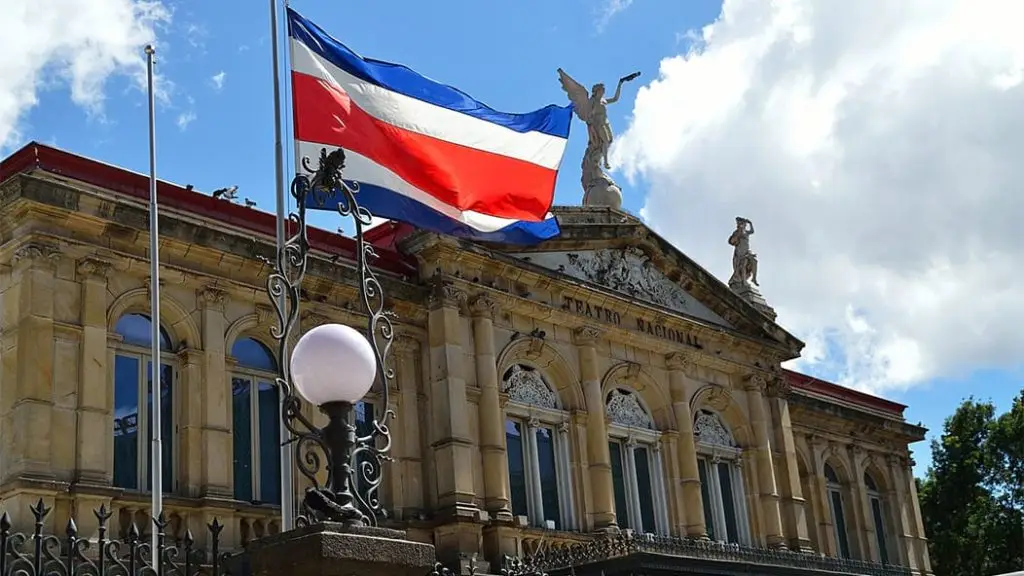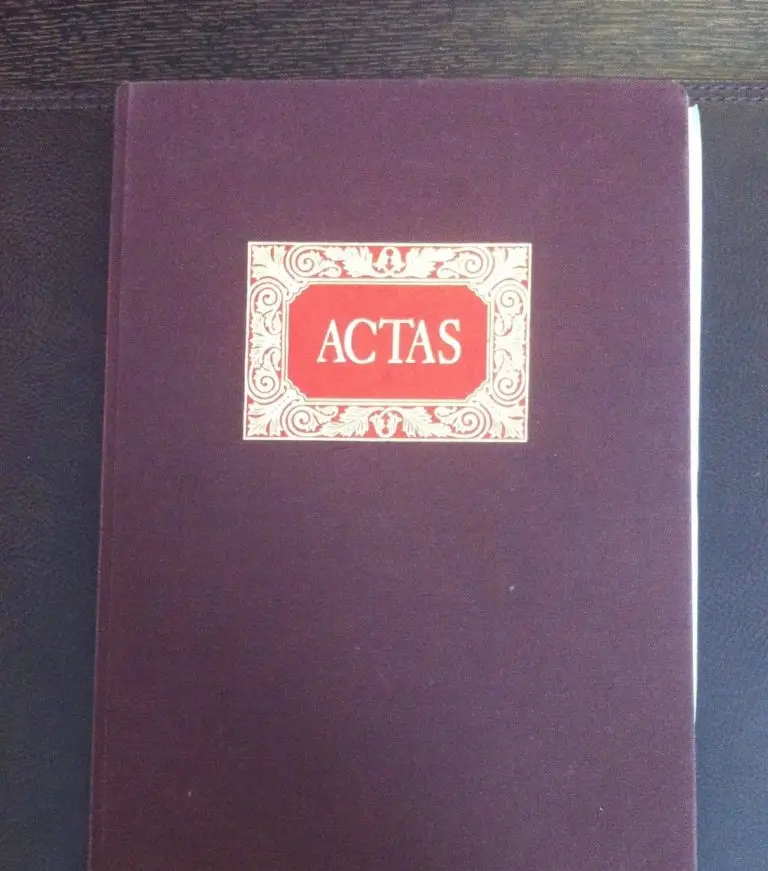Costa Rica Taxes:☎️ What are the most common taxes?
Taxation is a reality of life. Our country has personal, corporate, and real estate taxes in Costa Rica. If you are a landowner or looking to buy property in Costa Rica, you must ask yourself: what are property taxes like in Costa Rica? This article will cover the most common types of taxes in Costa Rica. Our country has personal, real estate, and even corporate taxes. Personal taxes include VAT taxation, in Spanish, IVA (Impuesto del valor agregado), and income taxes. If you perceive income in Costa Rica, you will also be liable to pay income taxes.
Assuming you are a landowner, you must also pay property taxes each year: the municipal (or territorial tax) and the luxury tax, if applicable. To be clear, the property taxes I describe here are unrelated to the property transfer taxes. Property transfer taxes are paid to the Public Registry when a property transfer occurs. That is another matter entirely, and it happens only when you buy property in Costa Rica. The Costa Rica property taxes I describe here are something else entirely: the yearly taxes you must pay to the State for land ownership.
What are property taxes like in Costa Rica?:
You will find two types of real estate taxes in Costa Rica: the municipal property tax (or territorial tax) and the luxury property tax (the solidarity property tax).
1. Municipal real estate taxes in Costa Rica:
The municipal property tax in Costa Rica was created by law number 7509. This law establishes this tribute in favor of the local governments or municipalities. Hence, this kind of taxation is paid not to the Central Government of Costa Rica but to the local municipalities. Most municipalities in Costa Rica have a website where you can obtain information on how much is owed. You can even pay the municipal taxes online, through a credit or debit card.
Before buying a property in Costa Rica, it´s necessary to establish whether taxes are owed to the Municipality. This is part of the legal due diligence we offer. A municipal certification that all taxes are current is always a good idea.
The municipal property tax is of 0,25% of the declared value:
This real estate tax applies to all kinds of land in Costa Rica, with several taxation exemptions. (Such as property destined for religious cults or embassies.) The property tax is a quarter percent or 0,25% of the property’s value in Costa Rica. The municipality determines this value.
Nonpayment compliance and the statute of limitations for real estate taxes in Costa Rica:
The municipality can initiate debt collection proceedings if the owner doesn´t pay the taxes promptly. A municipal functionary certifies the principal amount owed, plus interest. This constitutes what´s called a “legal mortgage.” This enables the municipality to proceed judicially through an expedited debt collection proceeding. It´s what´s called a “pure execution process,” with privilege over other creditors.
Almots every legal right has a statute of limitations. Just as legal rights are born, with time, they also perish due to the fatal course of time. This is what´s called a statute of limitations. Property taxes in Costa Rica do have a statute of limitations. According to article 82 of the Costa Rican Municipal Code, these tributes have a five-year statute of limitations.

2. Luxury real estate taxation in Costa Rica:
This is an ideological tax. It levies the “appearance” of success. You are subject to this tax if you own a house that is worth more than one hundred and forty-eight million colones. As a vibrant democracy, Costa Rica has varied ideological and political points of view. This type of property taxation, is supposed to finance state housing projects, for the less fortunate. It’s also called the “solidarity tax”, and it levies residential properties of high value.
Luxury Property Tax characteristics:
Article 2 of the Costa Rican luxury property tax law establishes a special consideration for this tax. It applies to properties that have residential use only. This tax goes directly to the Central Government of Costa Rica and is determined by the property’s fiscal value.
The solidarity tax is escalated or "progressive":
Luxury tax in Costa Rica is progressive, meaning that it progresses or escalates. This depends on the value of the real estate property. Per article 5 of the luxury property tax law, this is what you would have to pay:
- A property worth between ₡148.000.000,00 and up to ¢371.000.000,00, pays an initial luxury property tax of 0,25%.
- Over an excess of a property value of ¢371.000.000,00, and up to ¢ 744.000.000,00, the tax amount is 0,30%.
- Over an excess of a property value of ¢ 744.000.000,00, and up to ¢1.116.000.000,00 the tax amount is 0,35%.
- And so on, up to a 0,55 percent rate.

The Statute of Limitations:
The statute of limitations for this property tax must abide by article 51 of the General Taxation Code of Costa Rica. Therefore, this article establishes that, in general terms, all tributes have a statute of limitations of FOUR YEARS.
Personal Taxation in Costa Rica:
Personal taxation is another fact of life. You will find two main personal taxes in Costa Rica: Income tax and the Value Added Tax, or VAT. Corporations are considered persons by law, and they are subject to income tax as well as physical persons. However, I cover corporate taxes in another section. So, with no further ado, these are the personal taxes you may have to comply with in Costa Rica:
1. VAT or IVA:
The Value Added Tax (VAT), is called “Impuesto de Valor Agregado”, or IVA in Costa Rica. This type of consumption tax levies the value added to every stage of its production and even distribution. Hence, things become expensive for taxpayers. The standard VAT tax in Costa Rica is 13% over assets, services, and their importation. So next time you want to take a tour in your vacation or pay for a car rental, expect to have the VAT or IVA tax included in your bill. The same goes for all types of services, such as paying your attorney, your accountant, dentist, etc.
2. Personal income tax:
The Costa Rica income tax, levies rents, income and benefits, that come from a Costa Rican source, and are generated exclusively in our national territory. The law establishes that the Costa Rican national territory is the one established under articles 5 and 6 of the Costa Rican Constitution. This type of taxation levies the income you have received, from Costa Rican sources, during the fiscal year, which runs from January 1st to December the 31st of each year.
3. The Capital Gains Tax:
I consider this one to be a type of income tax. Capital Gains taxation became a reality in Costa Rica, in 2019, with legislature number 9365, which is supposed to “strengthen” the public finances of the State. This tax levies the positive difference between the value of the asset since it was purchased and when it was sold. So if you bought a property for $200,000 and sold it a few years later for $250,000, then you are subject to pay capital gains tax, on the $50,000 you made in profit. The capital gains tax is 15% of the positive difference. So in the previous example, you would have to pay 15% of the $50,000. Your capital gains tax would be a total of $7,500, with no applicable deduction.
Capital Gains taxation exemptions:
The capital gains legislature came into effect in the year 2019. If you have owned the property since before that time, and you sell it, you have a choice you can make. You can either pay the customary 15% which is the capital gains tax, or a 2.25% on the total sales value of the property. It´s hard to say if this is a positive choice, it will depend on the circumstances. A true exemption of this tax is if you are selling your primary residence. In this case, the seller can apply a total exemption of the tax. You must be clear, that this applies if the asset is your primary residence, the place where you actually live.
Corporate Taxes in Costa Rica:
Understanding corporate taxes and compliance in Costa Rica is vital for businesses seeking success in this dynamic market. With its strategic Central American location and welcoming approach to foreign investment, Costa Rica presents numerous opportunities. However, the local tax framework—including income tax, value-added tax (VAT), and various municipal levies—requires careful navigation to ensure legal adherence and optimal financial strategy. In this article, I will cover the yearly corporate tax (impuesto de personas juridicas), and the yearly corporate income taxes.
The Costa Rican tax system features progressive tax rates and stringent compliance measures. Companies must maintain detailed accounting records, and submit timely tax returns to avoid penalties. With the government actively pursuing measures against tax evasion, maintaining compliance is more important than ever. Collaborating with knowledgeable legal and tax professionals can provide essential guidance. At CPG LEGAL, we are committed to helping businesses navigate these complexities while maximizing potential benefits and incentives. If you own a Costa Rican corporation, tax compliance includes the following two types of corporate taxes:
1. Corporate Tax (Impuesto de personas juridicas):
The Costa Rica Corporate Tax taxes the corporation to be able to exist. Every year, you must pay the State a “canon” so that the corporation isn´t dissolved. Yes, you read this correctly. Basically, if the corporate taxes are not paid, the corporate entity can cease to exist. This corporate tax is applied to all types of corporations and must be paid yearly. It´s called the “impuesto de personas juridicas”, in Spanish. Depending on whether the corporation is active or not, you will end up paying no more than a yearly amount of US$300 (three hundred dollars.)
Failure with corporate tax compliance will provoke interest in overdue tax amounts. You won´t be able to get corporate certifications from the Public Registry (Personerías), and the Registry will bounce all notarized scriptures that relate to the corporation. So if the corporation attempts to purchase real estate, the document will be automatically rejected by the Registry, until the corporate tax is paid. The most severe sanction for noncompliance is the revocation of the corporation itself. This will happen if you don´t comply with corporate tax payments for at least three consecutive years. The corporation will get automatically dissolved, and this creates a problem of its own.
The legal reason for this type of corporate taxation:
In Costa Rica, the yearly corporate tax is a crucial component of the nation’s tax system. The “impuesto de personas juridicas” is designed to help support an essential public service: the funding of the police force. This levy contributes significantly to maintain public safety and security. By ensuring that businesses fulfill their tax obligations, the government can allocate necessary resources for law enforcement, enhancing overall community safety and stability. Understanding this tax is essential for companies operating in Costa Rica, as it reflects their role in supporting the broader societal framework while presenting an opportunity to engage positively with local communities.

2. Corporate Income Taxes:
Corporate income taxes in Costa Rica are assessed based on a company’s annual net income, creating a progressive structure that impacts businesses differently depending on their earnings. These taxes are designed to ensure that companies contribute fairly to the national economy, with rates that increase alongside income brackets. This system not only generates vital revenue for public services but also encourages businesses to invest in growth and development. For companies operating in Costa Rica, understanding the nuances of corporate income taxes is essential for accurate financial planning and compliance, ensuring they remain aligned with local regulations while optimizing their tax liabilities.
Income taxes brackets in Costa Rica:
Just like their physical counterparts, corporations are persons that are subject to income tax. The same rules apply. The corporation gets hit with corporate income tax, from rents, income, revenue, and benefits from Costa Rican sources. Gross income gets reduced by tax-deductible costs, and the result is the net corporate income tax that corporations must pay to the State, in the following manner:
- From 1 colon to 5,761,000.00 colones, the corporate income tax is 5%.
- From 5,761,000.01 colones to 8,643,000.00 colones, the corporation´s income tax is 10%.
- From 8,643,000.00 colones to 11,524,000.00 colones, the corporate income taxation is 15%.
- If gross income is more than 122,145,000.00 colones, the corporation is liable to corporate income tax of 30%.
- An excess of 11,524,000.00 colones, and up to 122,145,000.00 colones, income tax is 20%.
Double impositions and the Legal Reserve Matter.
The Costa Rican Constitution, establishes that you can only be taxed once for a specific reason. Taxation can only be levied by law and not by decrees. Our country is one of the oldest true democracies of America, and is founded in the division of powers, where the Executive Branch can´t legislate. The legislative power truly resides in the nation.
In conclusion, effectively managing corporate taxation and compliance in Costa Rica is essential for any business looking to establish a foothold in this promising market. By understanding the intricacies of the tax system and remaining vigilant about compliance requirements, companies can not only avoid legal pitfalls but also position themselves for sustainable growth. Engaging with experienced legal and tax advisors is a proactive step that can help navigate this complex landscape, ensuring businesses capitalize on available opportunities while maintaining full compliance with local regulations. As Costa Rica continues to evolve as a hub for innovation and investment, staying informed and prepared will be key to long-term success.
Dr. Christopher Pirie Gil.



